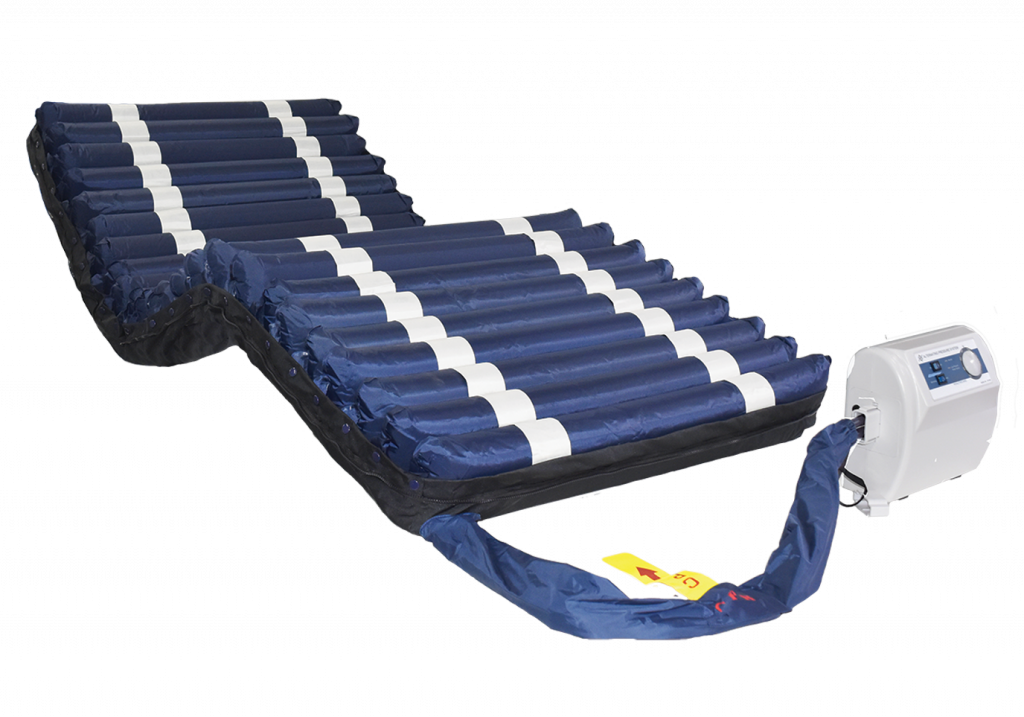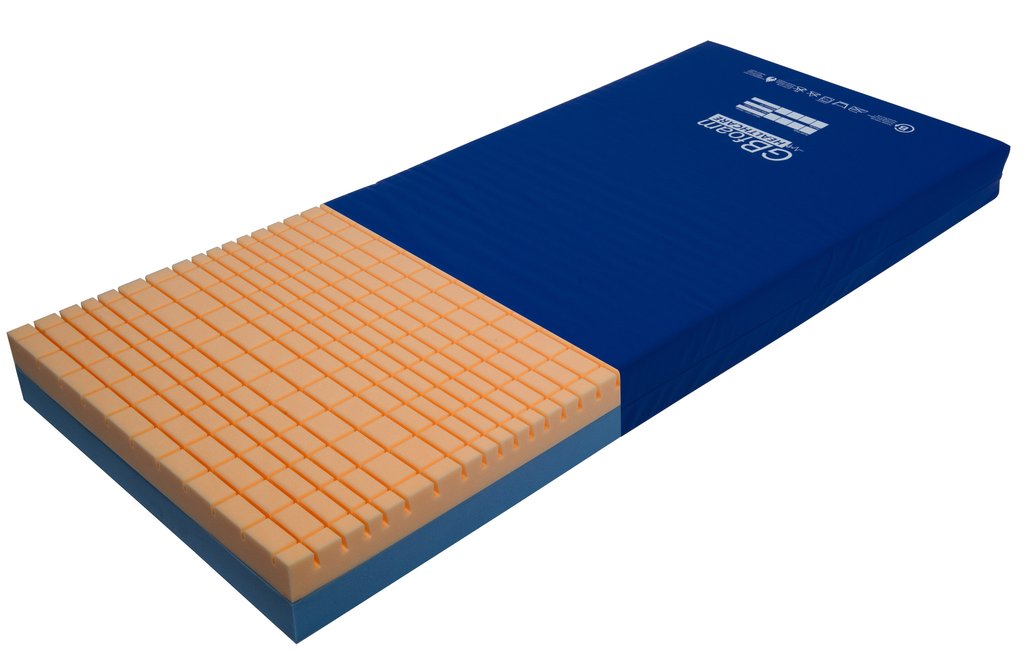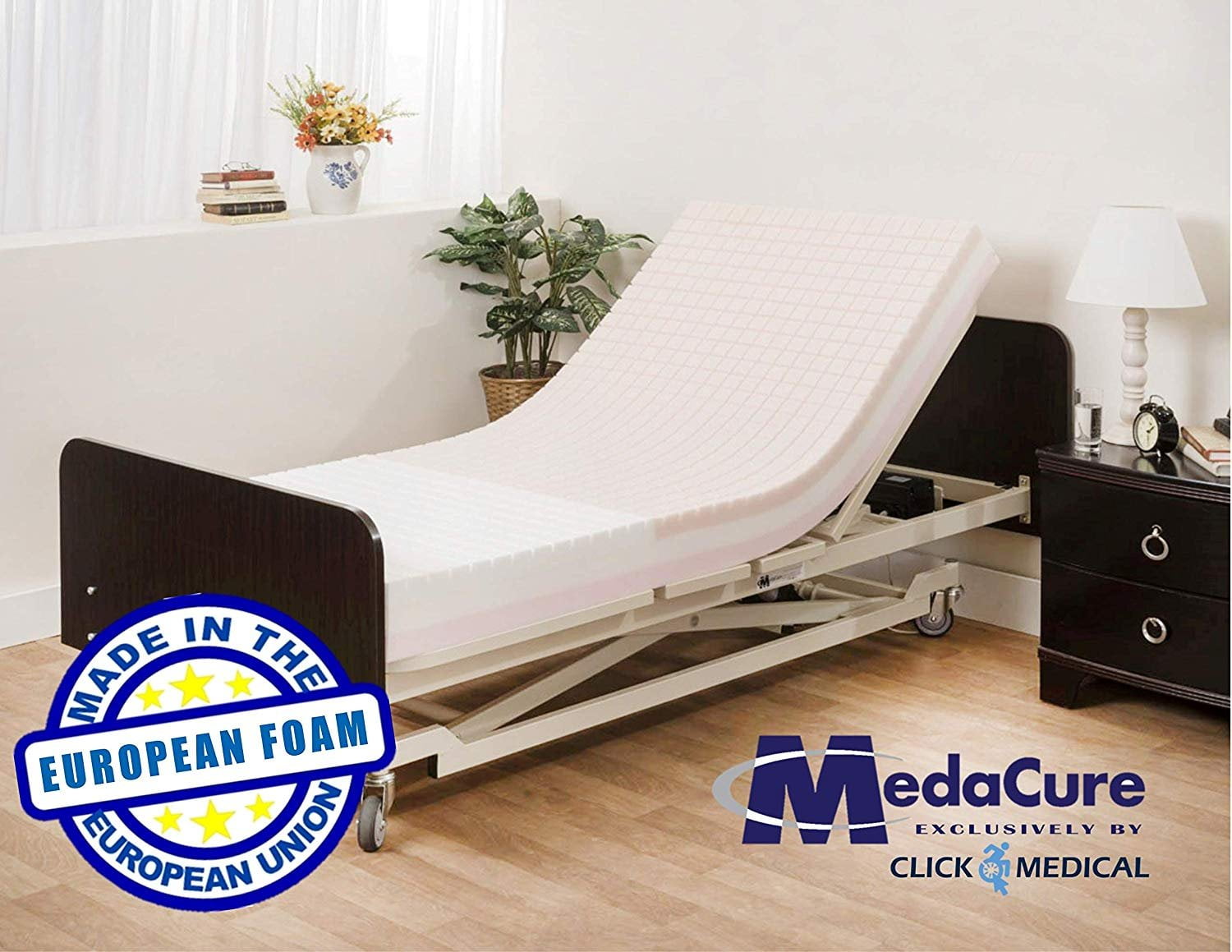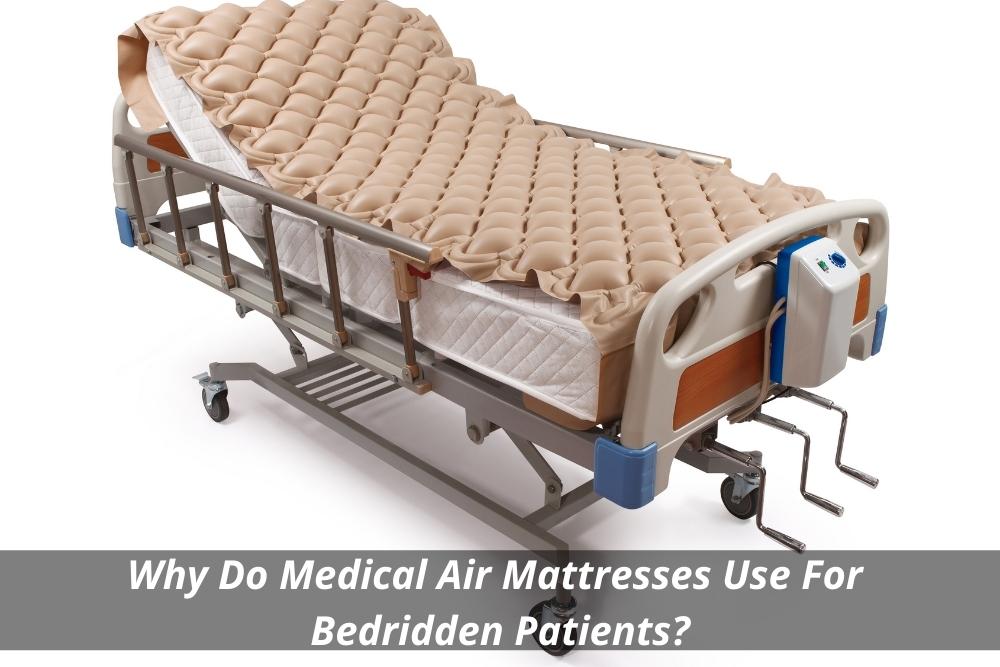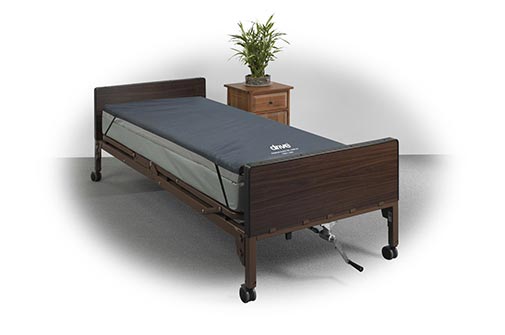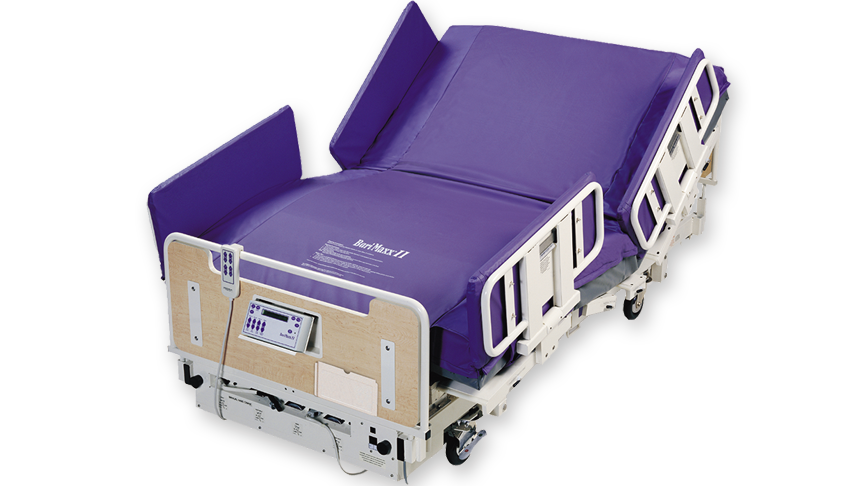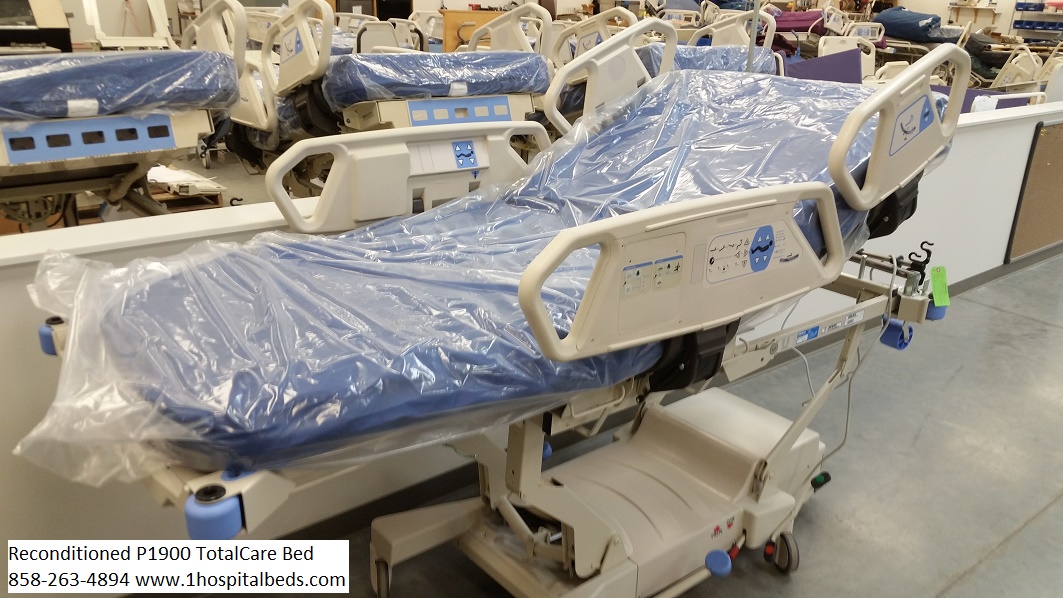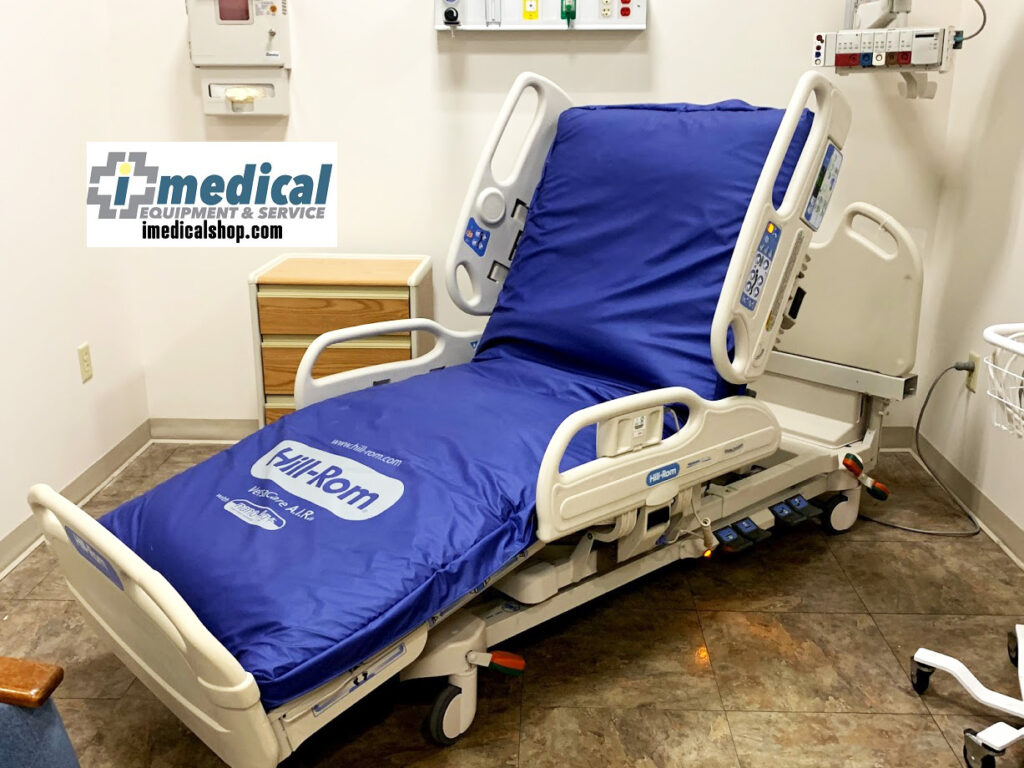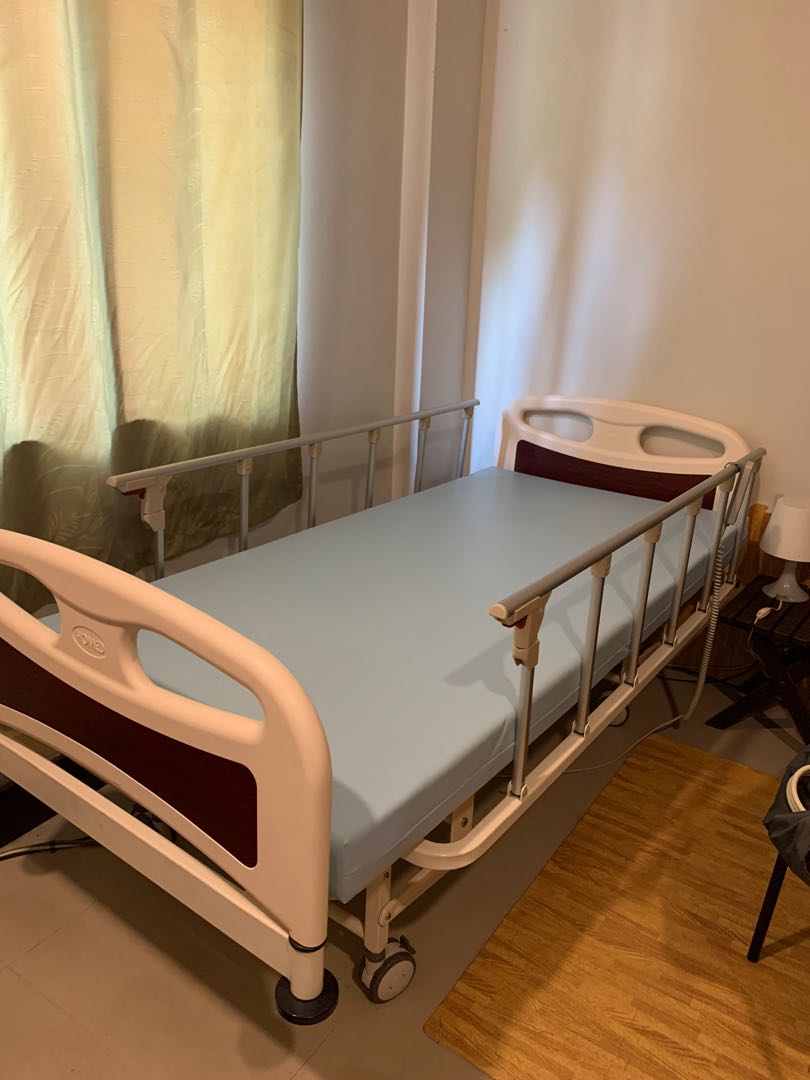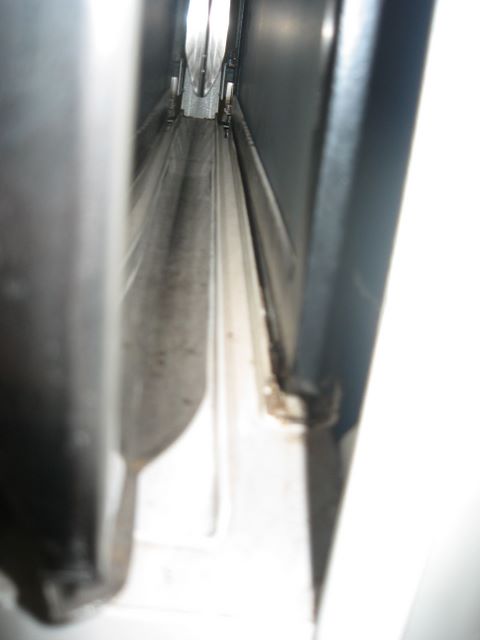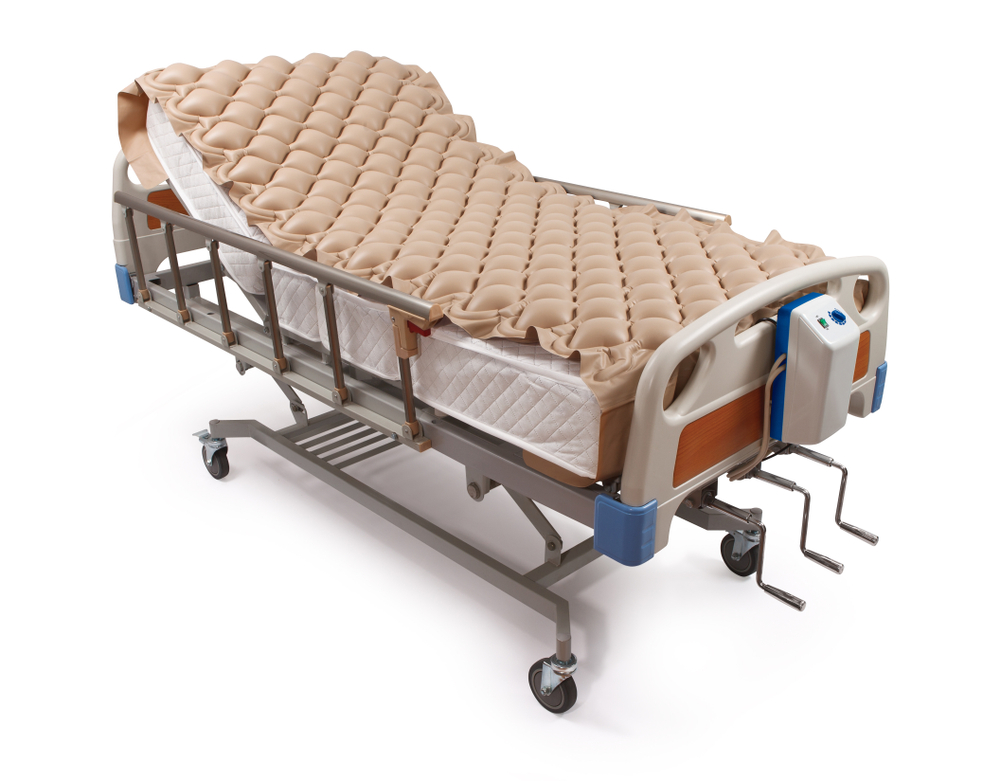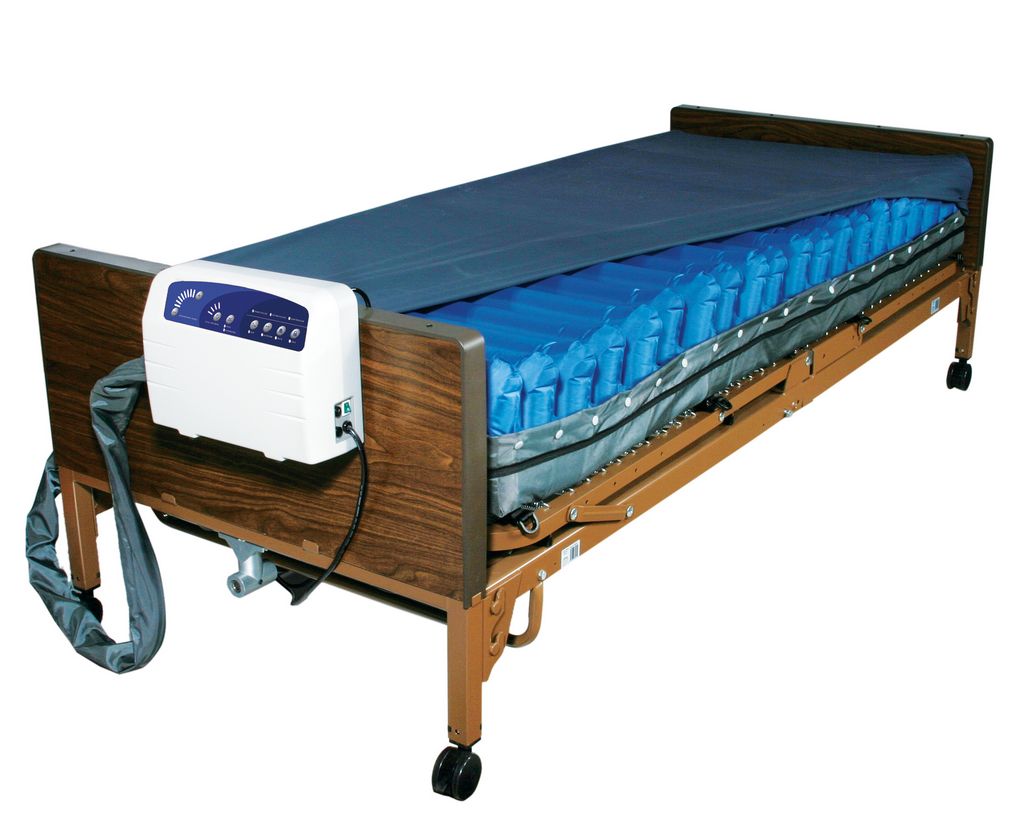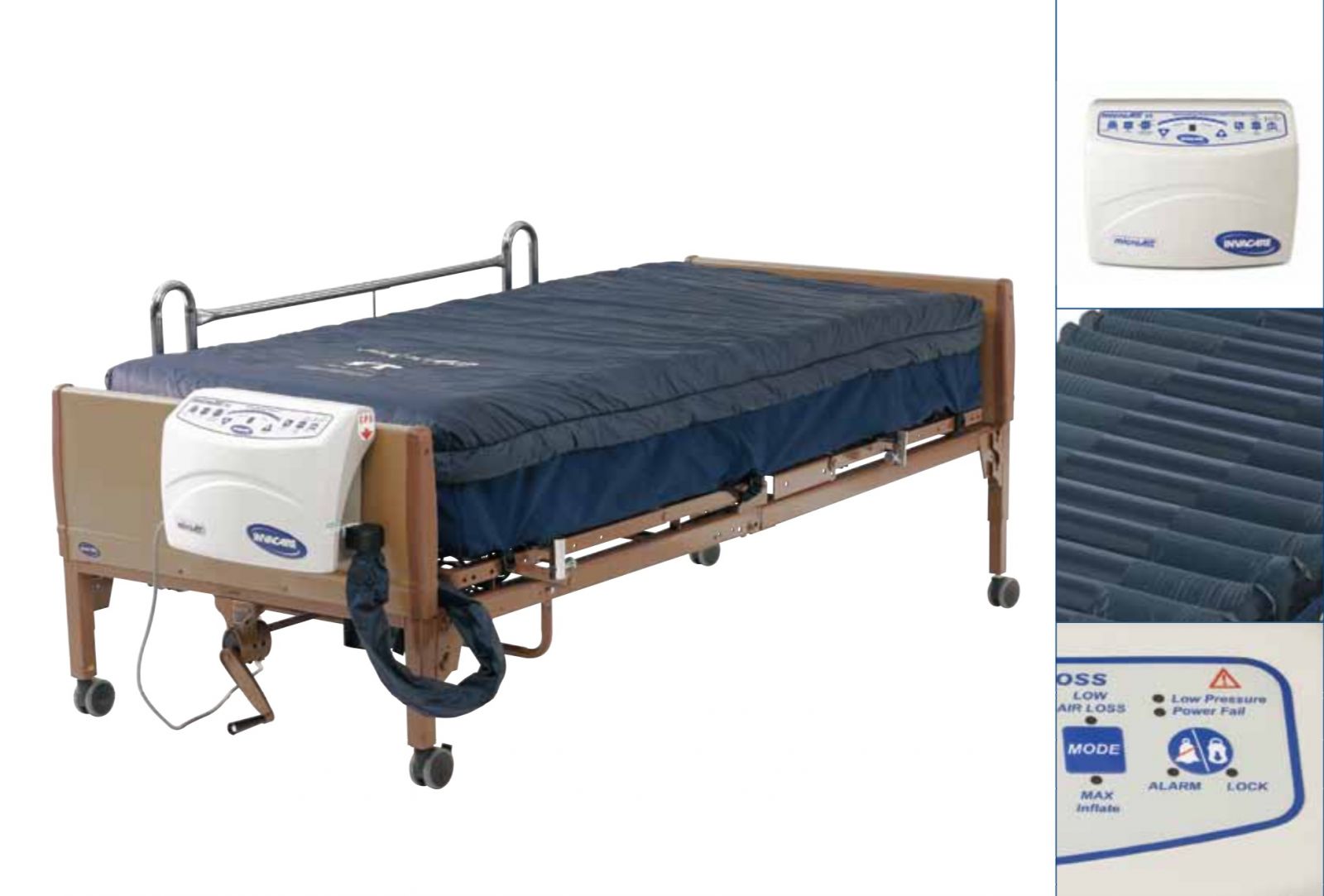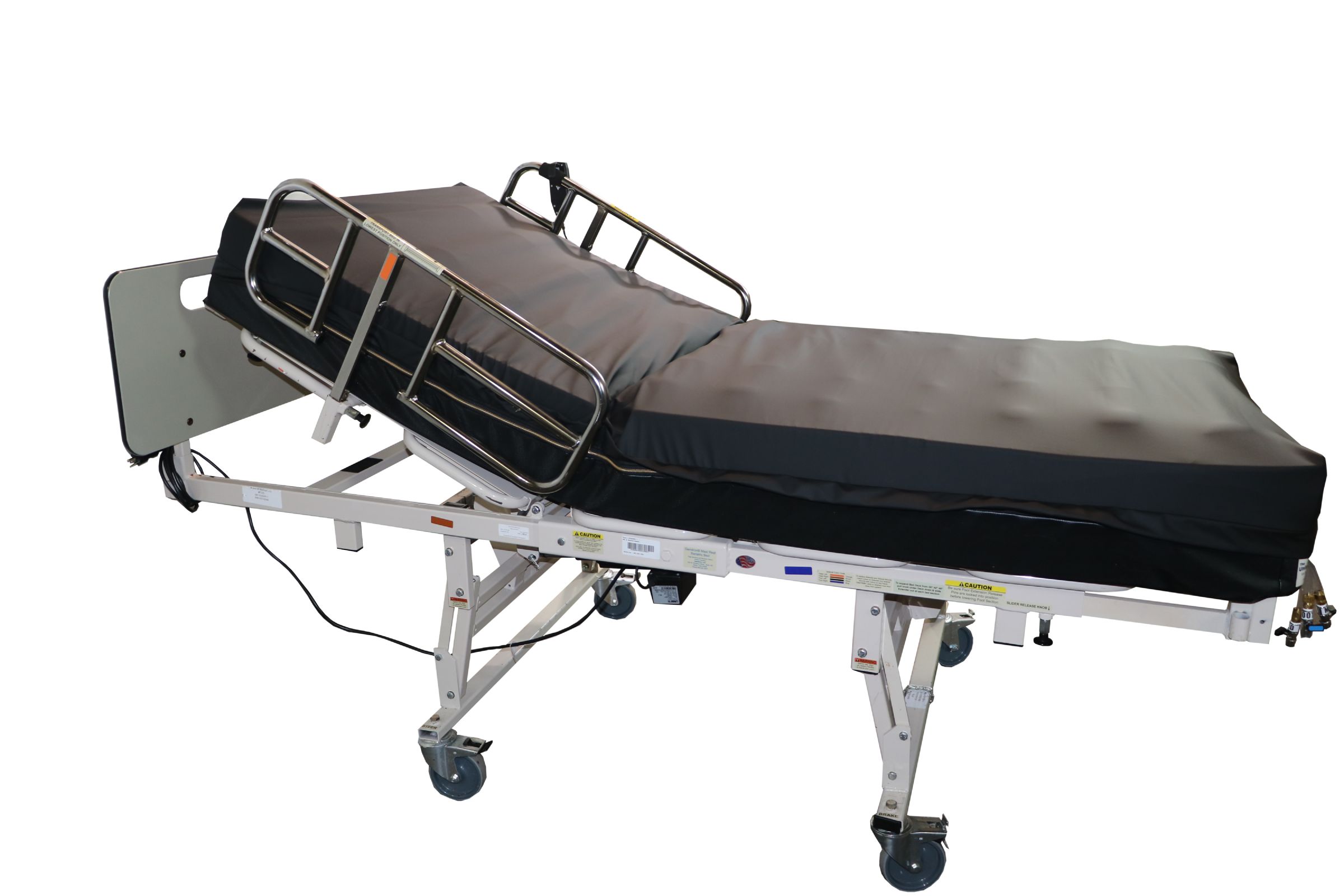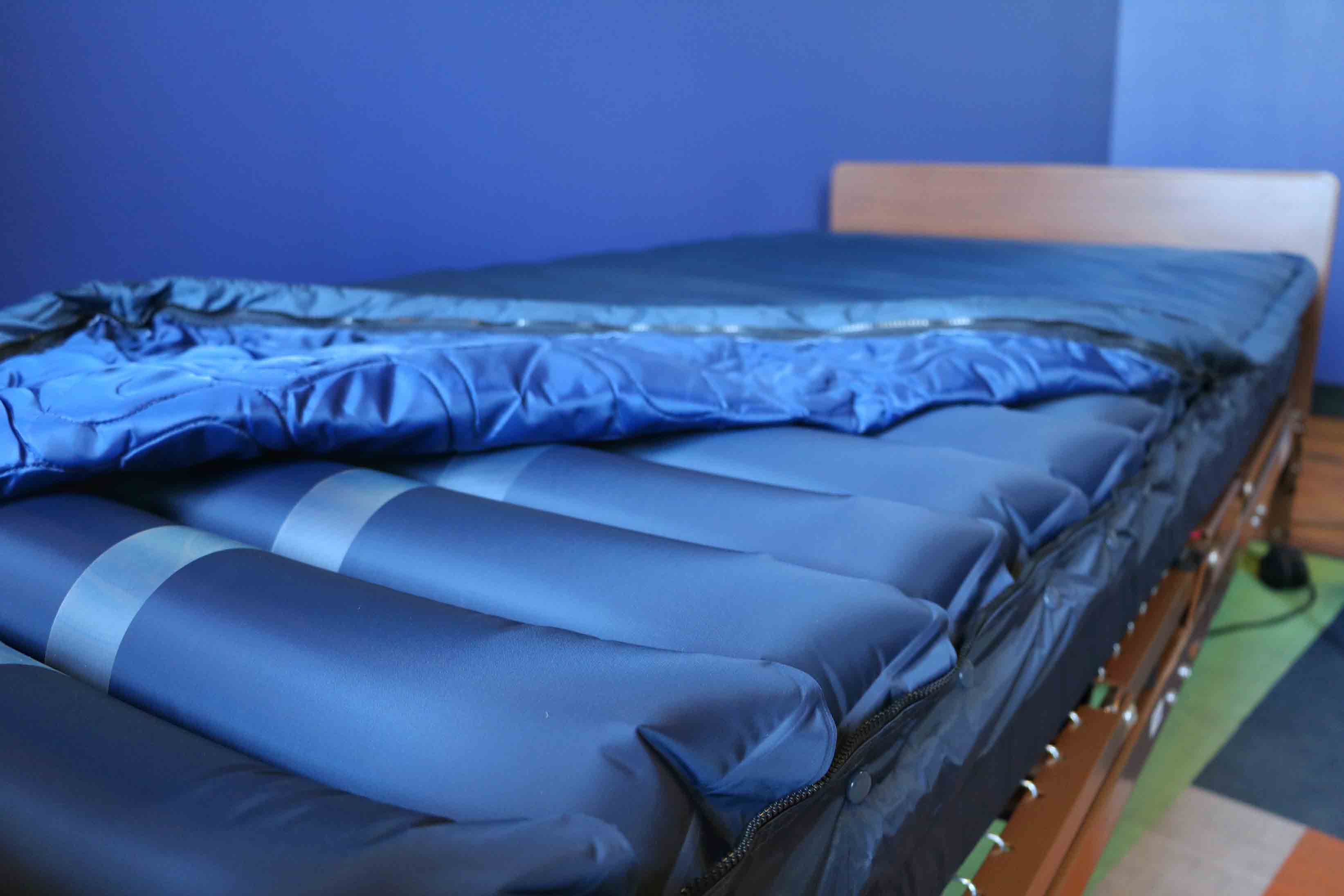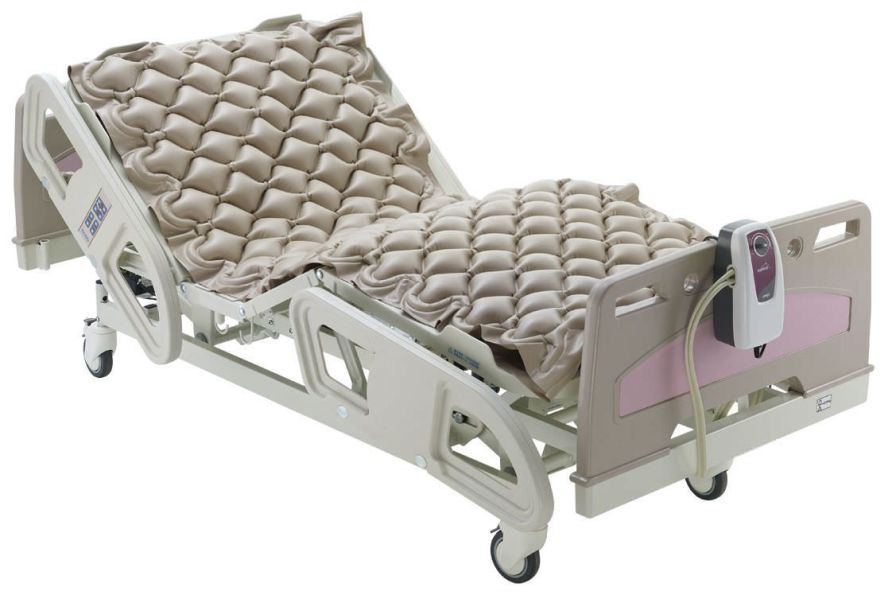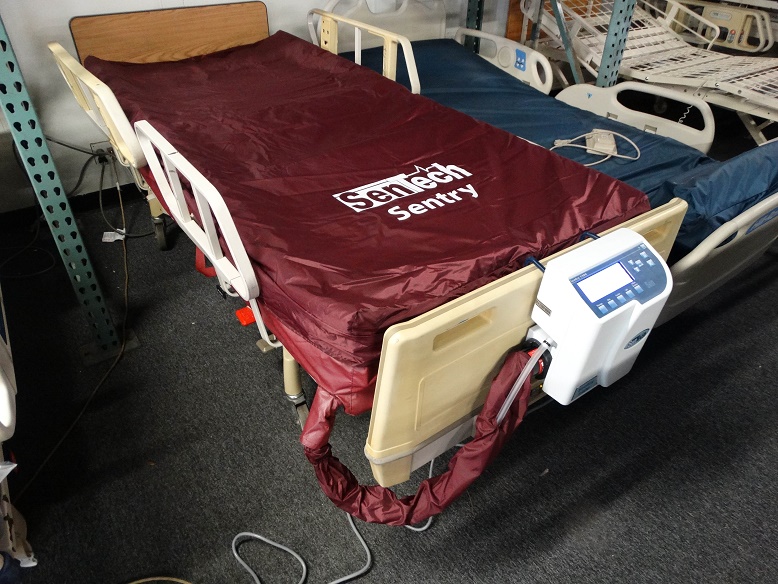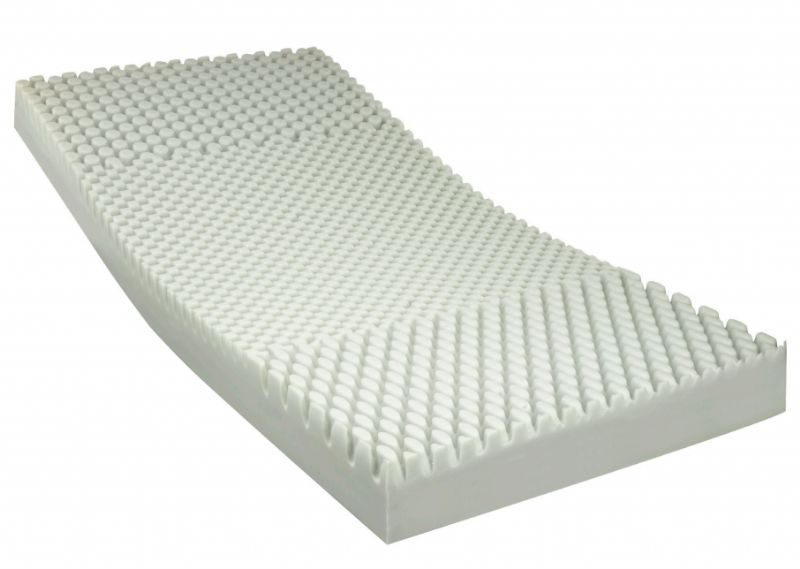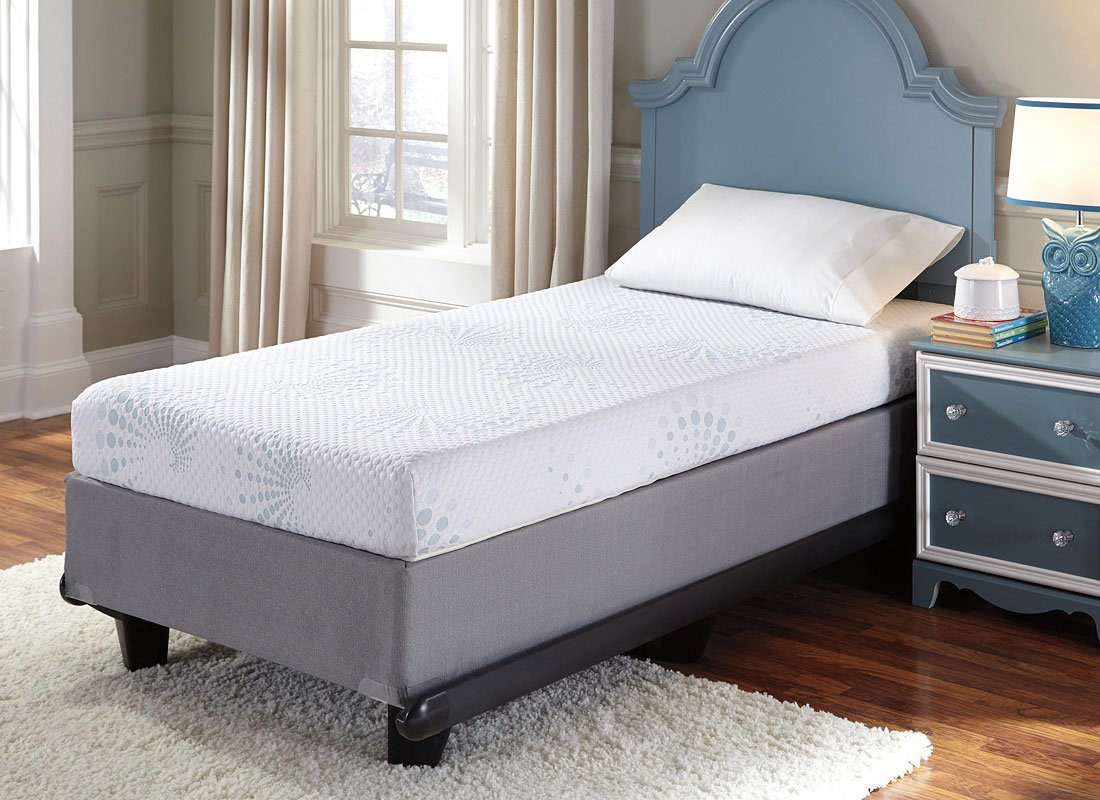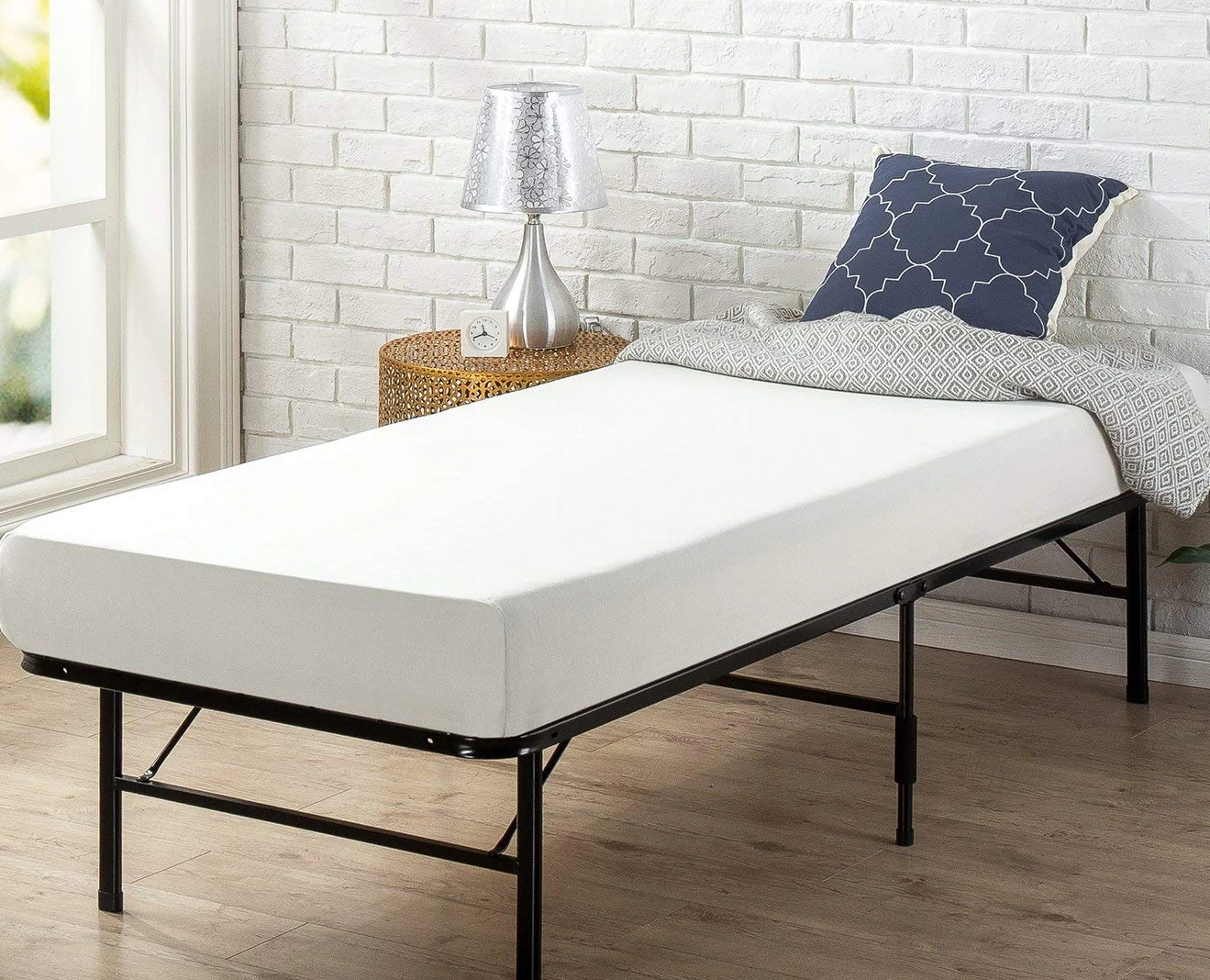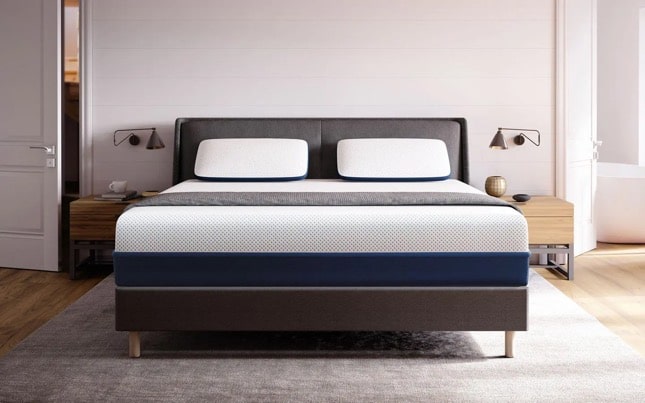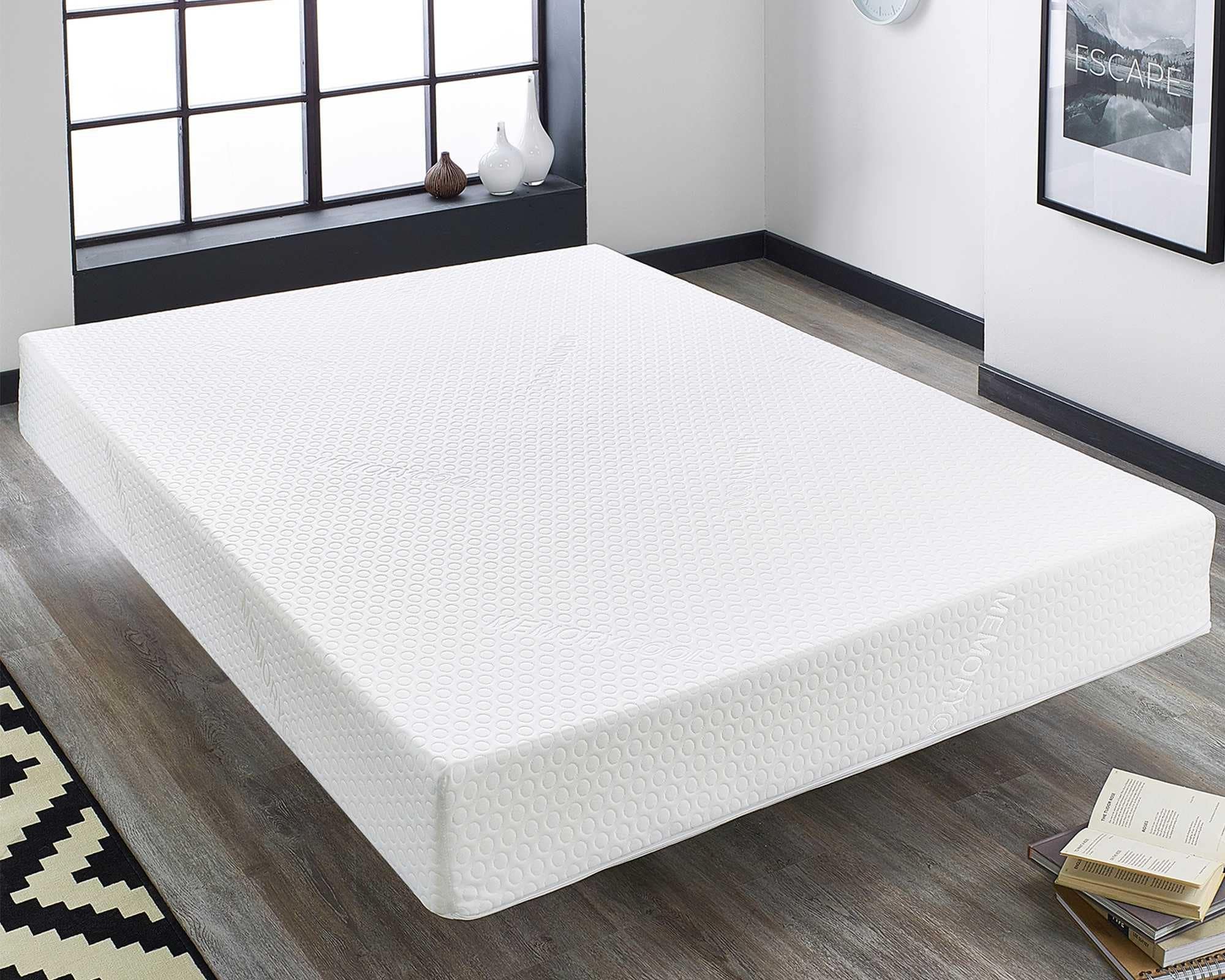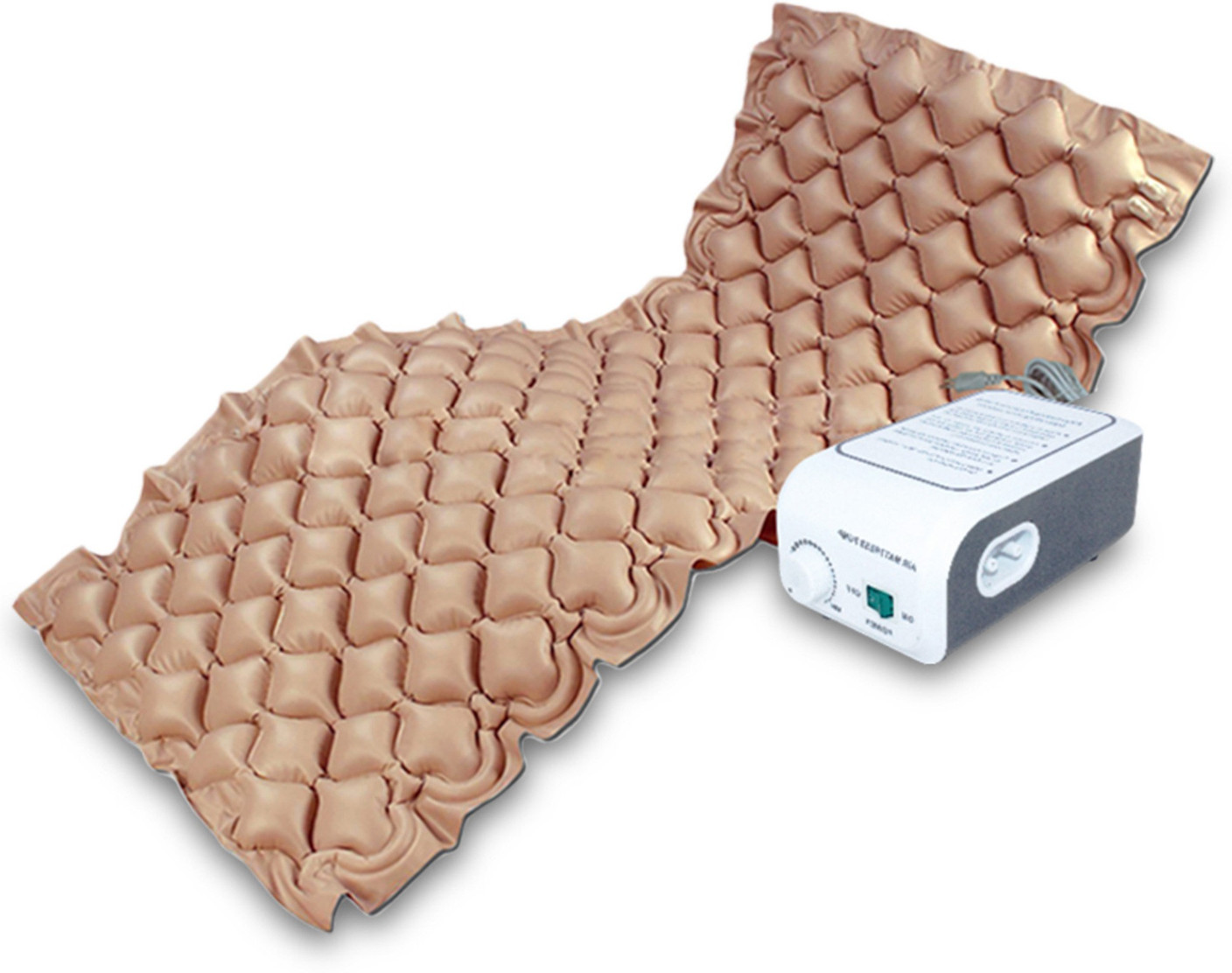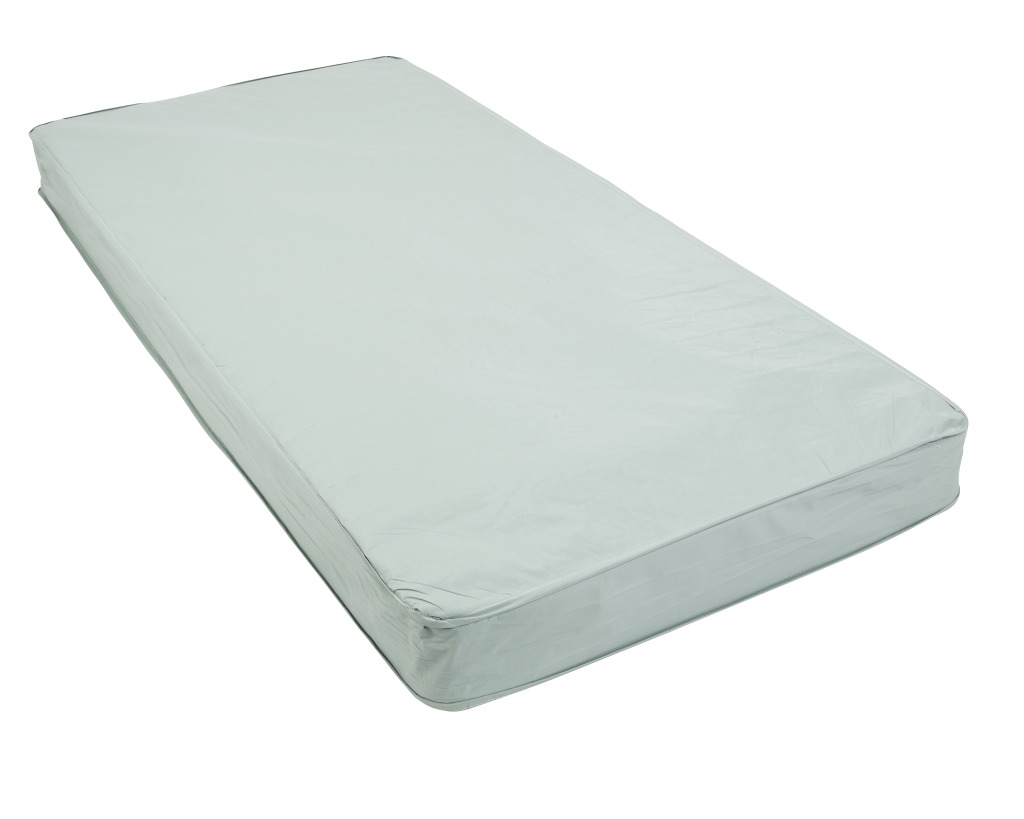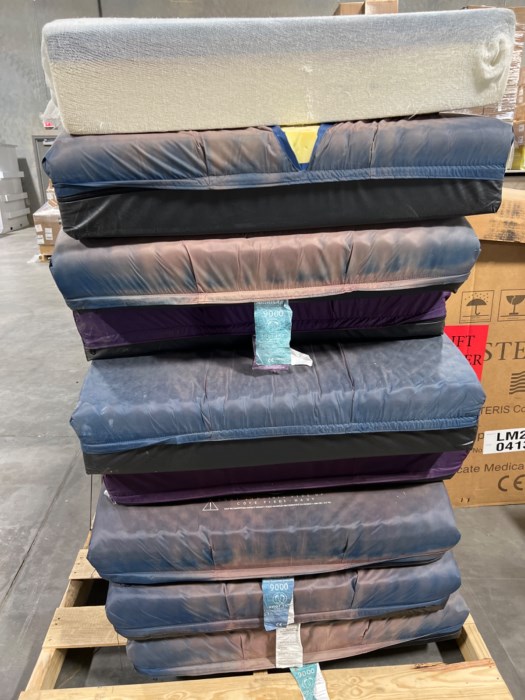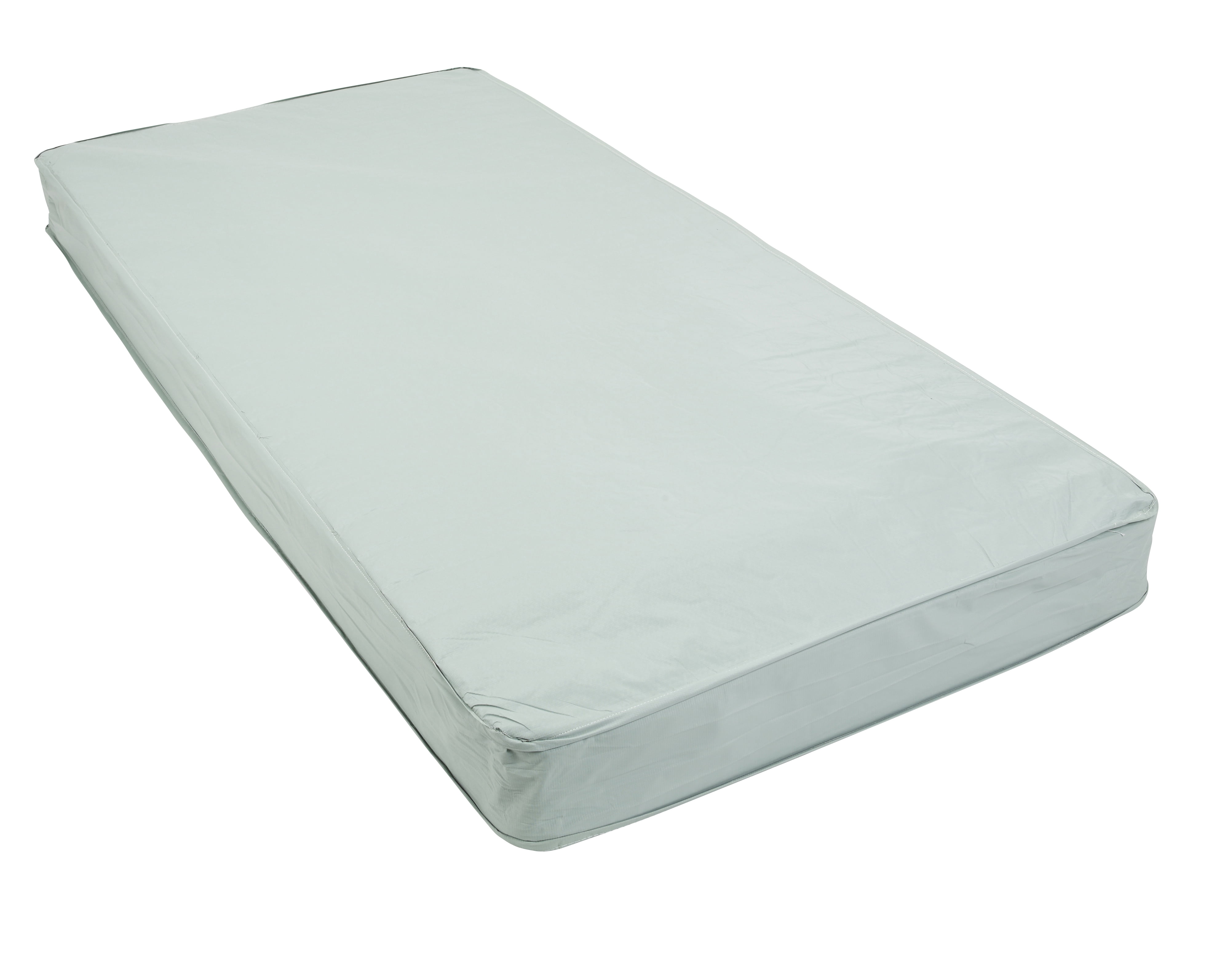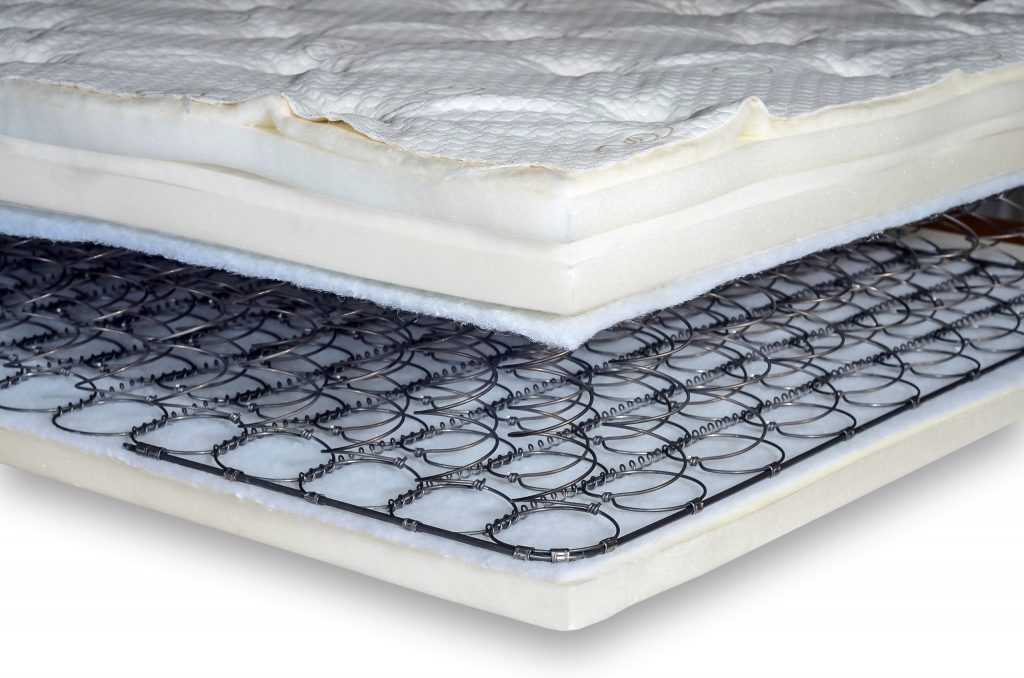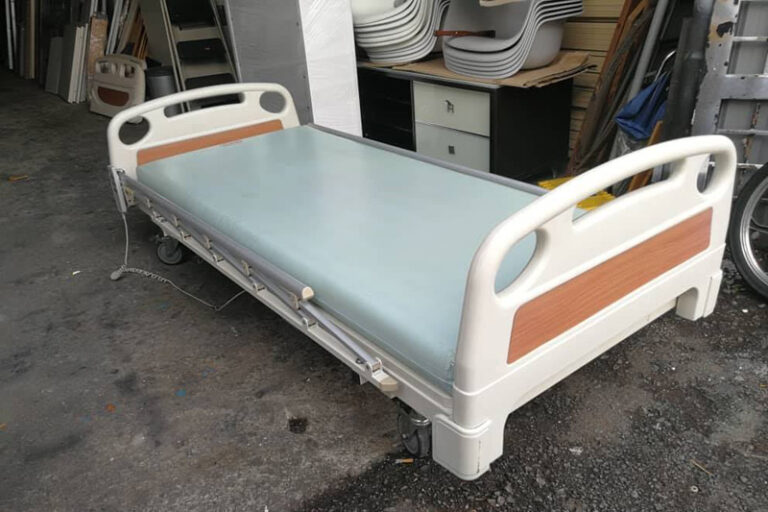Hospital patients often spend extended periods of time in bed, which can lead to discomfort and pressure sores. That's why a pressure-relieving mattress is an essential piece of equipment for any hospital bed. These mattresses are designed to distribute body weight evenly and reduce pressure on specific areas of the body. They are typically made of foam, which contours to the patient's body and provides support and comfort. Some pressure-relieving mattresses also use air or gel technology to further reduce pressure and promote better circulation. This makes them a top choice for patients who are at risk of developing pressure ulcers or bedsores.1. Pressure-Relieving Mattresses for Hospital Beds
For patients who are overweight or obese, a regular hospital mattress may not provide enough support. That's where bariatric mattresses come in. These mattresses are specially designed to accommodate heavier patients and can support weights of up to 1,000 pounds. They are typically wider and thicker than standard mattresses, and some even have reinforced edges to prevent sagging. Bariatric mattresses also distribute weight evenly to reduce pressure and provide a more comfortable sleeping surface for larger patients.2. Bariatric Mattresses for Hospital Beds
Hospitals are a breeding ground for bacteria and germs, which is why anti-microbial mattresses are essential for maintaining a clean and sanitary environment. These mattresses are made with materials that inhibit the growth of bacteria, fungi, and other microorganisms. This helps to prevent the spread of infections and illnesses, making them a top choice for hospitals. Some anti-microbial mattresses also have covers that can be easily removed and washed, further reducing the risk of contamination.3. Anti-Microbial Mattresses for Hospital Beds
Patients who are bedridden or have limited mobility are at risk of developing skin breakdown and pressure ulcers. Low air loss mattresses are designed to reduce the amount of moisture and heat between the patient's body and the mattress. This is achieved through a series of small air cells that constantly inflate and deflate, allowing air to circulate and prevent the build-up of heat and moisture. These mattresses also have pressure redistribution properties, making them an ideal choice for patients who are at risk of developing pressure ulcers.4. Low Air Loss Mattresses for Hospital Beds
Gel overlay mattresses are another option for patients who require pressure relief and support. These mattresses have a layer of gel on top of a foam base, which conforms to the patient's body and reduces pressure on bony areas. The gel also helps to distribute weight evenly and promote better circulation. Gel overlay mattresses are often used in conjunction with other pressure-relieving mattresses to provide additional support and comfort.5. Gel Overlay Mattresses for Hospital Beds
Memory foam mattresses have become popular in recent years for their ability to contour to the body and provide support and pressure relief. These mattresses are made of a viscoelastic foam that responds to body heat and weight, molding to the shape of the body. This makes them a great choice for patients who require pressure relief and support, as well as those who suffer from chronic pain or have limited mobility. Memory foam mattresses are also known for their durability and can last for many years with proper care.6. Memory Foam Mattresses for Hospital Beds
Similar to low air loss mattresses, alternating pressure mattresses use a series of air cells to distribute weight and reduce pressure on specific areas of the body. However, these mattresses have the added feature of alternating the inflation and deflation of the air cells to constantly change pressure points. This helps to promote better circulation and prevent the development of pressure ulcers. Alternating pressure mattresses are often used for patients who are at high risk of developing bedsores or those who have existing pressure injuries.7. Alternating Pressure Mattresses for Hospital Beds
Hospital beds can be messy places, and accidents do happen. That's why it's important to have a waterproof mattress to protect against spills, bodily fluids, and other messes. Waterproof mattresses are typically made with a vinyl cover that is easy to clean and sanitize. This makes them a top choice for hospitals, as they can be quickly and easily disinfected to maintain a clean and hygienic environment for patients.8. Waterproof Mattresses for Hospital Beds
Innerspring mattresses are a classic option that many people are familiar with. They are made with a steel coil support system and layers of foam or padding for comfort. In a hospital setting, innerspring mattresses are often used for patients who need a firmer sleeping surface or those who are recovering from surgery and require more support. These mattresses are also affordable and widely available, making them a popular choice for hospitals on a budget.9. Innerspring Mattresses for Hospital Beds
Not all patients have the same needs when it comes to their hospital bed. That's where adjustable mattresses come in. These mattresses have multiple sections that can be raised or lowered to accommodate the patient's specific needs. This can include elevating the head or feet, or providing extra support for certain areas of the body. Adjustable mattresses can be particularly beneficial for patients with respiratory issues or those who need to keep their legs elevated for circulation purposes.10. Adjustable Mattresses for Hospital Beds
Why Specialty Mattresses Are Essential for Hospital Beds
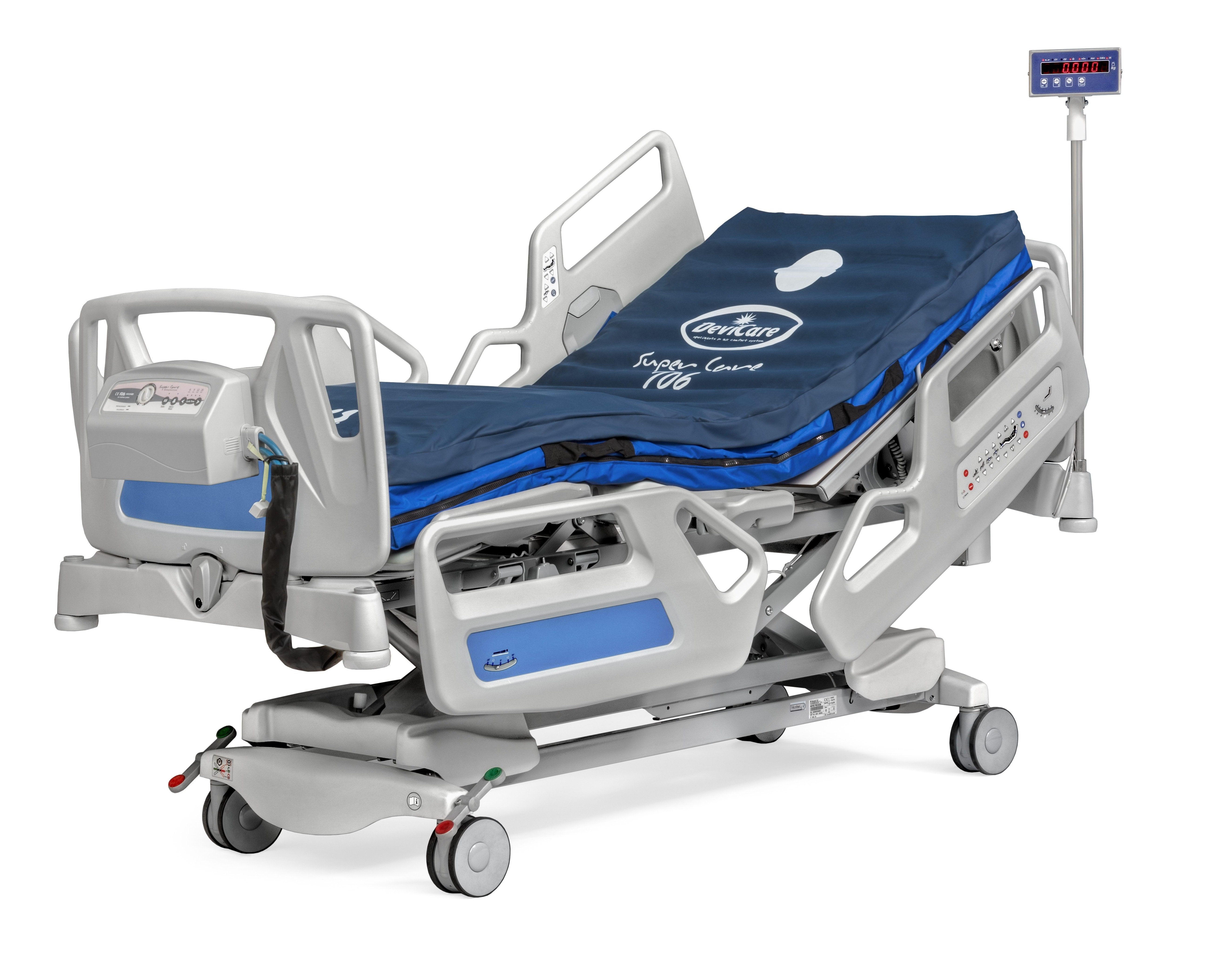
Hospital beds are designed to provide comfort and support for patients during their stay. However, traditional mattresses may not always be suitable for all patients. This is where specialty mattresses come in. These mattresses are specifically designed to cater to the unique needs of patients in a hospital setting.
Support and Comfort
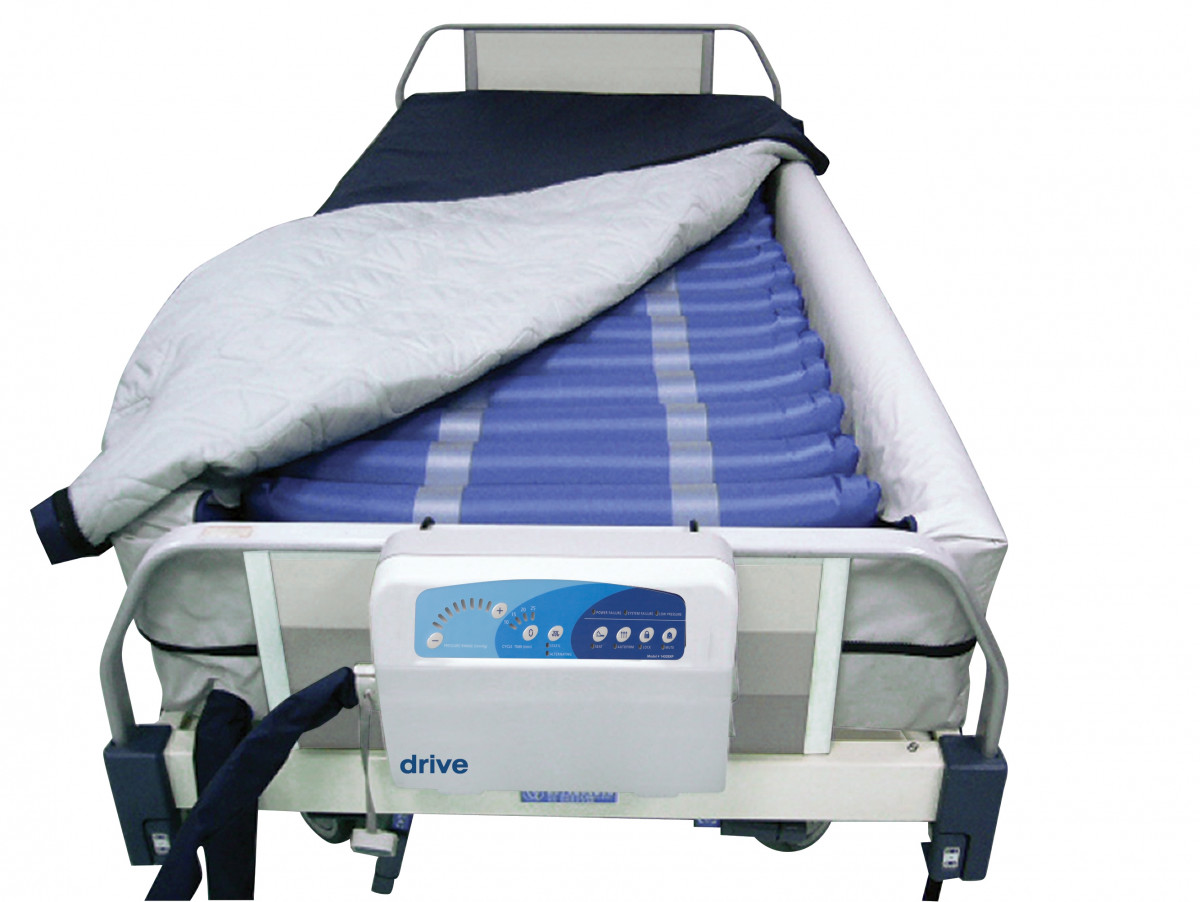
One of the main reasons why specialty mattresses are essential for hospital beds is because they offer both support and comfort. Patients who are bedridden or recovering from surgery may have specific medical conditions that require a different level of support. Specialty mattresses are designed to distribute weight evenly, relieving pressure points and reducing the risk of developing bedsores. This ensures that patients are comfortable and well-supported during their recovery.
Customizable Options

Another advantage of specialty mattresses is that they offer customizable options to meet the specific needs of patients. These mattresses come in various sizes, shapes, and materials to cater to different medical conditions. For example, patients with mobility issues may benefit from an air mattress that can be adjusted to their desired firmness. Patients with spinal cord injuries may require a mattress with pressure-relieving features. With customizable options, specialty mattresses can cater to the individual needs of each patient, providing optimal comfort and support.
Preventative Measures
Specialty mattresses can also play a crucial role in preventing potential health issues for patients. As mentioned earlier, these mattresses are designed to distribute weight evenly, reducing the risk of developing bedsores. This is especially important for patients who are bedridden or have limited mobility. In addition, specialty mattresses can also help with proper spinal alignment, preventing back pain and discomfort for patients.
Hygiene and Durability
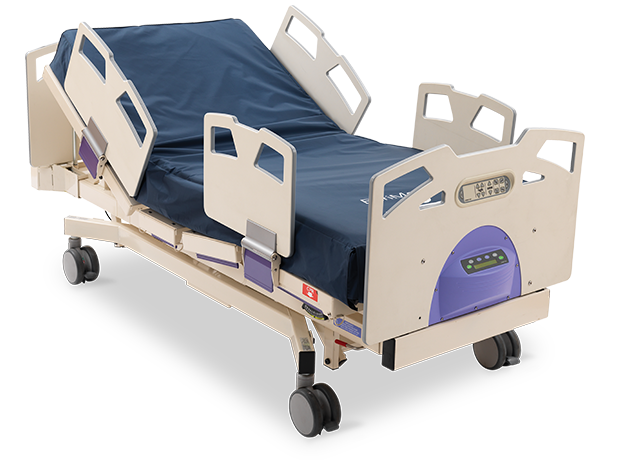
In a hospital setting, hygiene and durability are essential factors to consider. Traditional mattresses can harbor bacteria and germs, making them difficult to clean and maintain. Specialty mattresses, on the other hand, are designed with materials that are resistant to bacteria and are easy to clean. This not only promotes good hygiene but also increases the lifespan of the mattress, making it a cost-effective option for hospitals.
In conclusion, specialty mattresses are essential for hospital beds because they provide support and comfort, offer customizable options, prevent potential health issues, and promote good hygiene and durability. Investing in these specialized mattresses can greatly improve the overall quality of care for patients, making their stay in the hospital more comfortable and conducive to their recovery.




